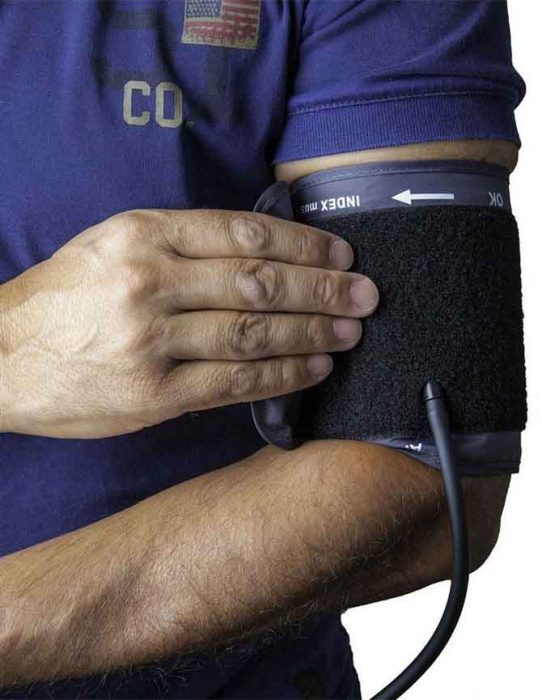BURN & PLASTIC SURGERY
BRB Hospitals Limited has modern technology and equipment base burn & plastic surgery department under the specialized consultant.
Burn Treatment:
Most minor burns can be treated at home. They usually heal within a couple of weeks. For serious burns, after appropriate first aid and wound assessment, your treatment may involve medications, wound dressings, therapy and surgery. The goals of treatment are to control pain, remove dead tissue, prevent infection, reduce scarring risk and regain function.
People with severe burns may require treatment at specialized burn centers. They may need skin grafts to cover large wounds. And they may need emotional support and months of follow-up care, such as physical therapy.
Medical treatment:
After you have received first aid for a major burn, your medical care may include medications and products that are intended to encourage healing.
Water-based treatments. Your care team may use techniques such as ultrasound mist therapy to clean and stimulate the wound tissue.
Fluids to prevent dehydration. You may need intravenous (IV) fluids to prevent dehydration and organ failure.
Pain and anxiety medications. Healing burns can be incredibly painful. You may need morphine and anti-anxiety medications — particularly for dressing changes.
Burn creams and ointments. If you are not being transferred to a burn center, your care team may select from a variety of topical products for wound healing, such as bacitracin and silver sulfadiazine (Silvadene). These help prevent infection and prepare the wound to close.
Dressings. Your care team may also use various specialty wound dressings to prepare the wound to heal. If you are being transferred to a burn center, your wound will likely be covered in dry gauze only.
Drugs that fight infection. If you develop an infection, you may need IV antibiotics.
Tetanus shot. Your doctor might recommend a tetanus shot after a burn injury.



Dr. Mohammad Rashedul Islam
Department-Burn & Plastic Surgery
Designation-Consultant
Degree –

Dr. Pc Dash
Department-Burn & Plastic Surgery
Designation-Consultant
Degree –















